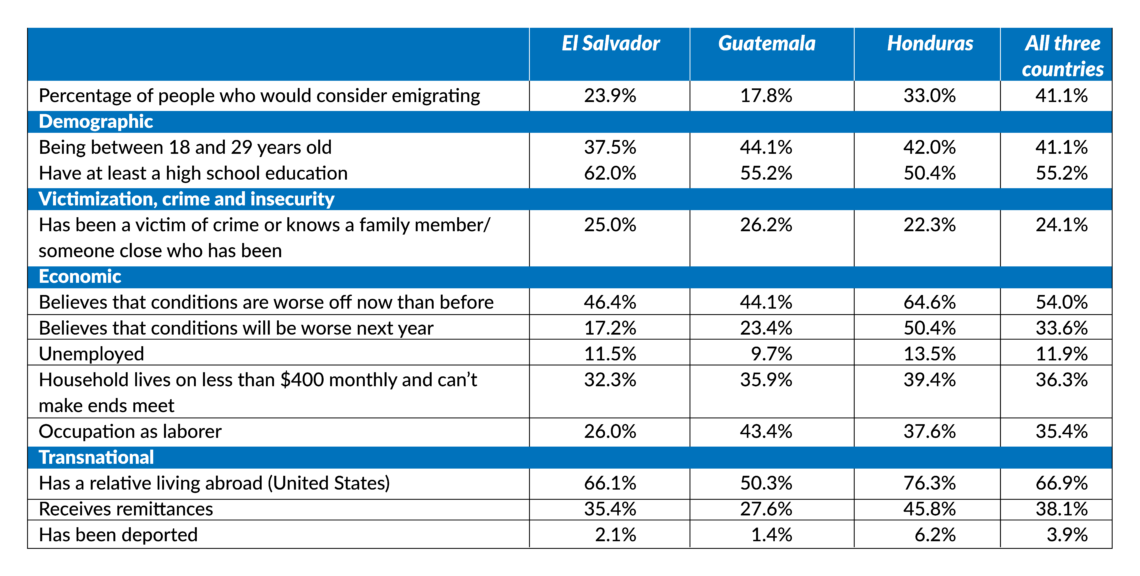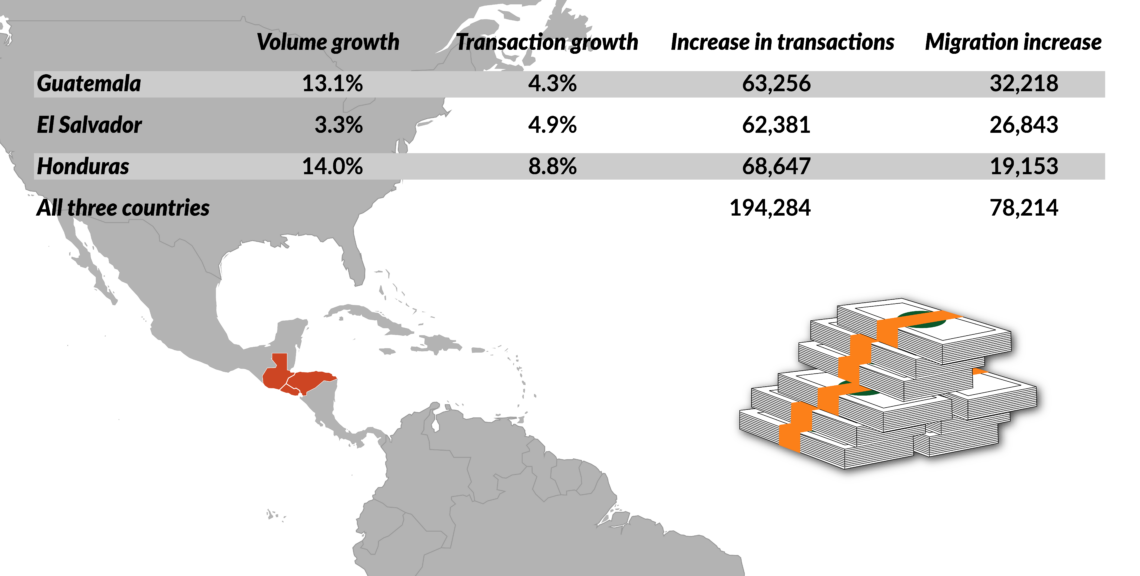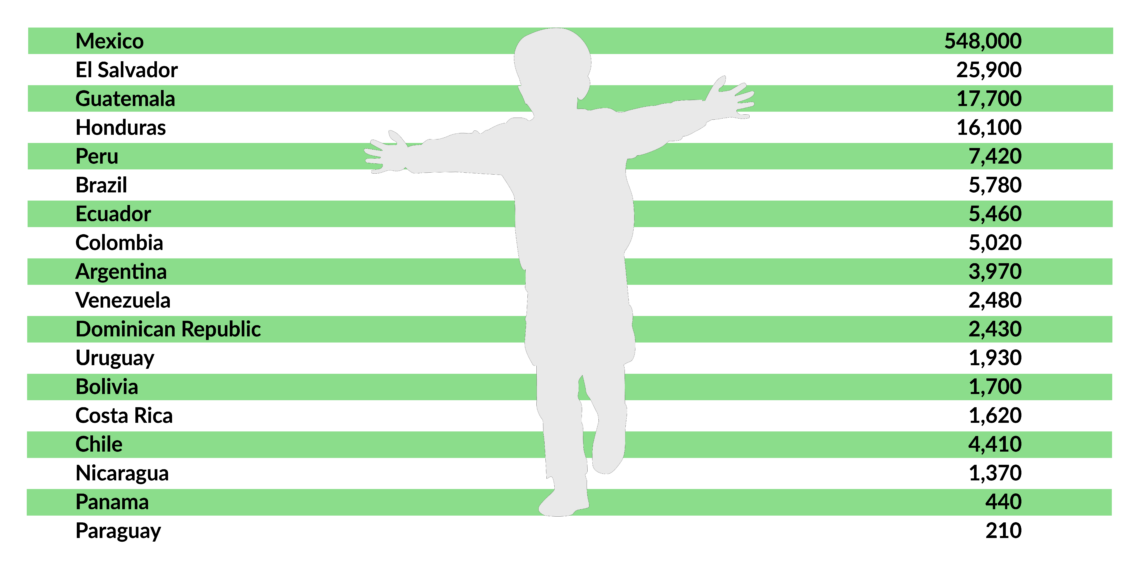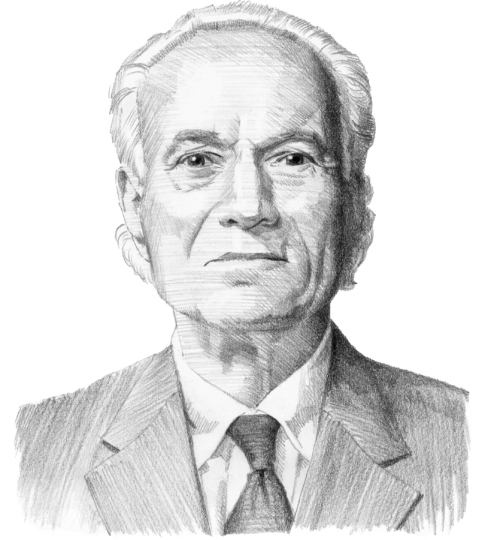Challenges ahead for El Salvador’s president
In El Salvador, President Bukele has been praised for his rapid reaction to the pandemic. Yet the international community has also criticized his aggressive crackdown on the country’s democratic institutions. Bukele will now need to live up to his electoral promises.

In a nutshell
- President Bukele ran on an anti-corruption platform
- The pandemic has made reforms impossible so far
- His ratings rose above 70 percent during the crisis
In 1992, El Salvador’s bloody, decade-long civil war ended through international mediation. The two principal opponents in the conflict, the right-wing ARENA party (Alianza Republicana Nacionalista) and the left-wing FMLN (Frente Farabundo Marti para la Liberacion Nacional) subsequently dominated the political scene for five peaceful elections. Then, to everyone’s surprise, in June 2019, Nayib Bukele, mayor of San Salvador and candidate of the right-leaning GANA (Gran Alianza por la Unidad Nacional), defeated the traditional leading parties. Mr. Bukele’s message, delivered through social media and traditional media, stressed that he would solve what Salvadorans considered to be the three most pressing problems – violence, corruption and unemployment.
President Bukele faced challenges right off the start. In February 2020, having submitted a bill to fund his program to suppress the violent gangs terrorizing the population, he stormed into the legislature. Accompanied by armed soldiers, he sat down into the chair of the speaker of the house and declared, “Now, I think it’s very clear who has control of the situation.” He rejected several decisions by the supreme court and threatened the press with reprisals when they criticized his authoritarian behavior. Then came the pandemic. At 316 people per square kilometer, El Salvador has one of the highest population densities in the world.
Facts & figures

The president responded early, in February, even before the first case appeared in March. He imposed a lockdown and virtually shut down the economy for 60 days. To compensate for the economic damage, he secured more than $2 billion in soft loans and grants from international financial agencies. His popularity soared to over 70 percent during the crisis. His problems with the legislature and the supreme court have not gone away but they have certainly disappeared from the newspapers’ front pages. The media are focused on the banderas blancas (white flags), which are being carried around by families in need of emergency economic assistance. They march up and down the highways of the country, seeking some form of aid.
President Bukele faced challenges right off the start.
Mr. Bukele is also attempting to tackle the violent gangs known as maras, authorizing security agencies to use lethal force. Large numbers of gang members have been jailed and more police were deployed on the streets in areas vulnerable to violence. Thus far, he has managed to lower the murder rate by 15 percent, winning his electorate’s approval while stirring the wrath of international human rights organizations because of his methods.
It is still unclear if Mr. Bukele will get through the pandemic with his popularity intact and deal with the country’s major problems, especially an economy that fails to provide jobs for a significant portion of the population. Nearly one-fifth of Salvadorans live abroad, mostly in the United States. They send home remittances, which amount to more than 25 percent of gross domestic product (GDP). After Mexico, El Salvador has more beneficiaries of Deferred Action for Childhood Arrivals (DACA) than any other country – individuals who were granted legal status in the U.S. after having migrated illegally as children. In other words, the country’s fate is inextricably bound up with developments in Washington.
Facts & figures

The Salvadoran economy is also tied with that of the U.S. Trade between the two countries accounts for nearly half of Salvador’s exports and almost 40 percent of its imports. Salvadorans make up almost 10 percent of the total legal migration into the U.S. and around 15 percent of the illegal immigration. From 2018 to 2019, the U.S. apprehended 600,000 Central Americans at the border, whom they attempted to send back. When the Trump administration attempts to limit migration and compels countries to take back their citizens or risk penalties, it is a matter of critical importance in San Salvador.
Mr. Bukele has managed to lower the murder rate by 15 percent.
Mr. Bukele has sought to attract foreign investment, which is crucial if the president is to expand the labor market’s jobs. Again, dependence on the U.S. can be a hindrance or a help. For example, the textile industry relies on American demand and investment by firms seeking inexpensive sources closer to home than Asia. Other sectors that might attract investment are hi-tech manufacturing and call centers. Both require a well-educated labor force not readily available in El Salvador.
Scenarios
For the moment, President Bukele is riding a wave of popular support. He has handled the pandemic with confidence and efficiency, but the crisis has delayed his plans. The economic reopening is moving slower than he had anticipated. He has also been dogged by rumors of corruption in his immediate family. But Mr. Bukele now faces the challenges of implementing his long-term policies – control the violence, attract foreign investment, create jobs, and improve education. This will be the real test of his skills.








